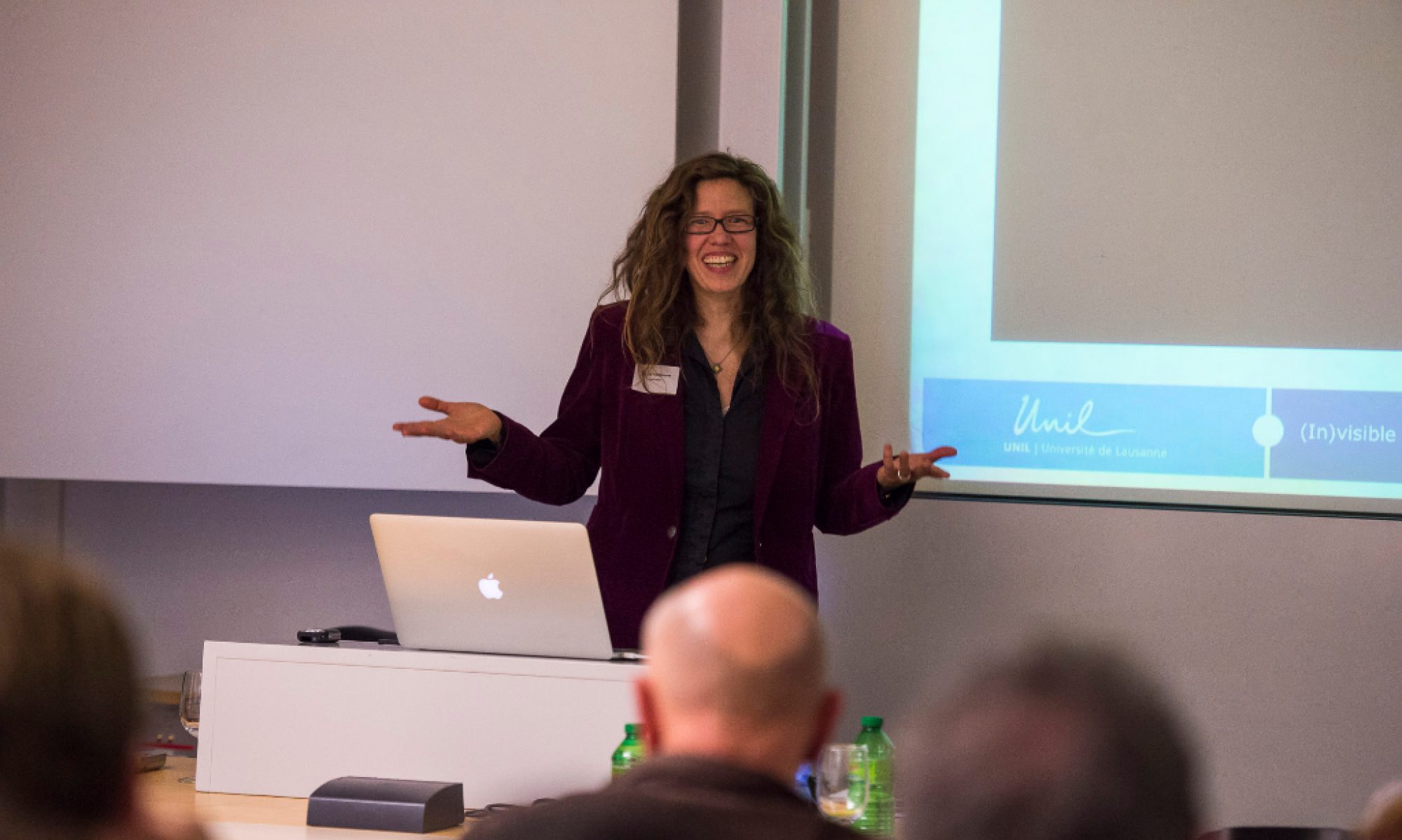Undocumented Mobility (Tunisia-Switzerland) and Digital-Cultural Ressources after the ‘Arab Spring’
The research envisions undocumented mobility (Harga) from Tunisia to Europe (Switzerland) after the ‚Arab Spring’ and its ongoing demands for democracy, dignity and liberty. Connecting the transnational, social imaginaire, cultural productions, symbolizations in digital media, the project offers a highly innovative approach to the research of mobilities and transnational migration studies in the context of the current transformations in Mena-countries and the Euromediterranean space.
Summary
The research engages undocumented mobility in the context of recent developments in Tunisia. Even after the events of the “Arab Spring” and its demands for dignity and liberty, the desire of young men (harragas) to “burn their papers” (harga), to leave their country of first citizenship and to reach Europe is still persistent. Such a desire to escape overall circumstances however cannot be reduced to merely economical motives. Undocumented mobility is by no means a one-dimensional, single-layered process governed by “push-and-pull factors”, but reflects the transnational social imaginaire and its various cultural resources (such as music and videos) as well.
New media such as social networks, blogs, YouTube etc. and its mobile symbolizations, sounds and images contribute to disseminate mobilization, dissent and disagreement, creating a transnational socio-cultural space and public spheres in which the current (and past) situation is negotiated and contested. Based on ethnographical fieldwork in Tunisia and Switzerland, as well as on digital anthropology of social networks, blogs, the research project envisions the increasingly important role of these spaces and thus, contributes to a fresh and innovative approach that relates undocumented mobility, (political) mobilization, transnational practices and the social imaginaire. As such, it aims to disseminate its insights and to contribute not only to academic discourse but to broader public discussions as well.
